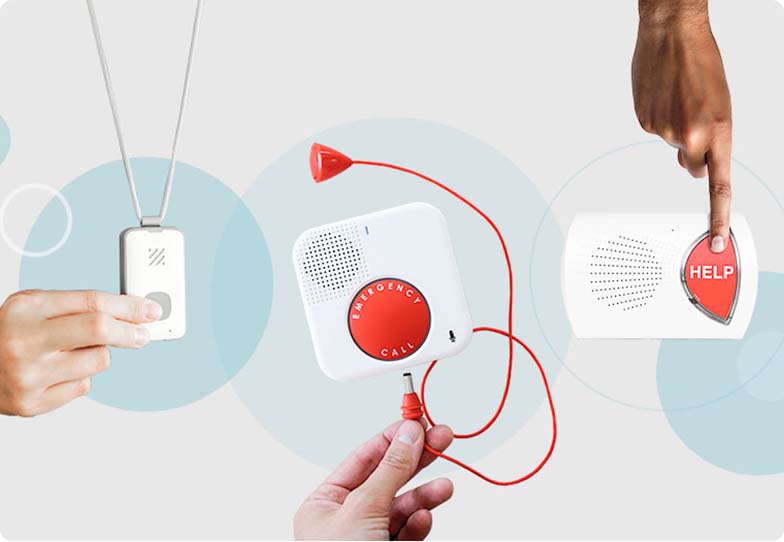Before the kids get out of school and summer officially begins, there are a few things you should do in May to make your home safer for everyone in it. As spring cleaning season comes to a close, it’s time to harness all the daylight for outdoor home improvement projects like fixing the fence and preparing your pool.
These home improvement ideas, safety tips, and products make May chores a little easier.




